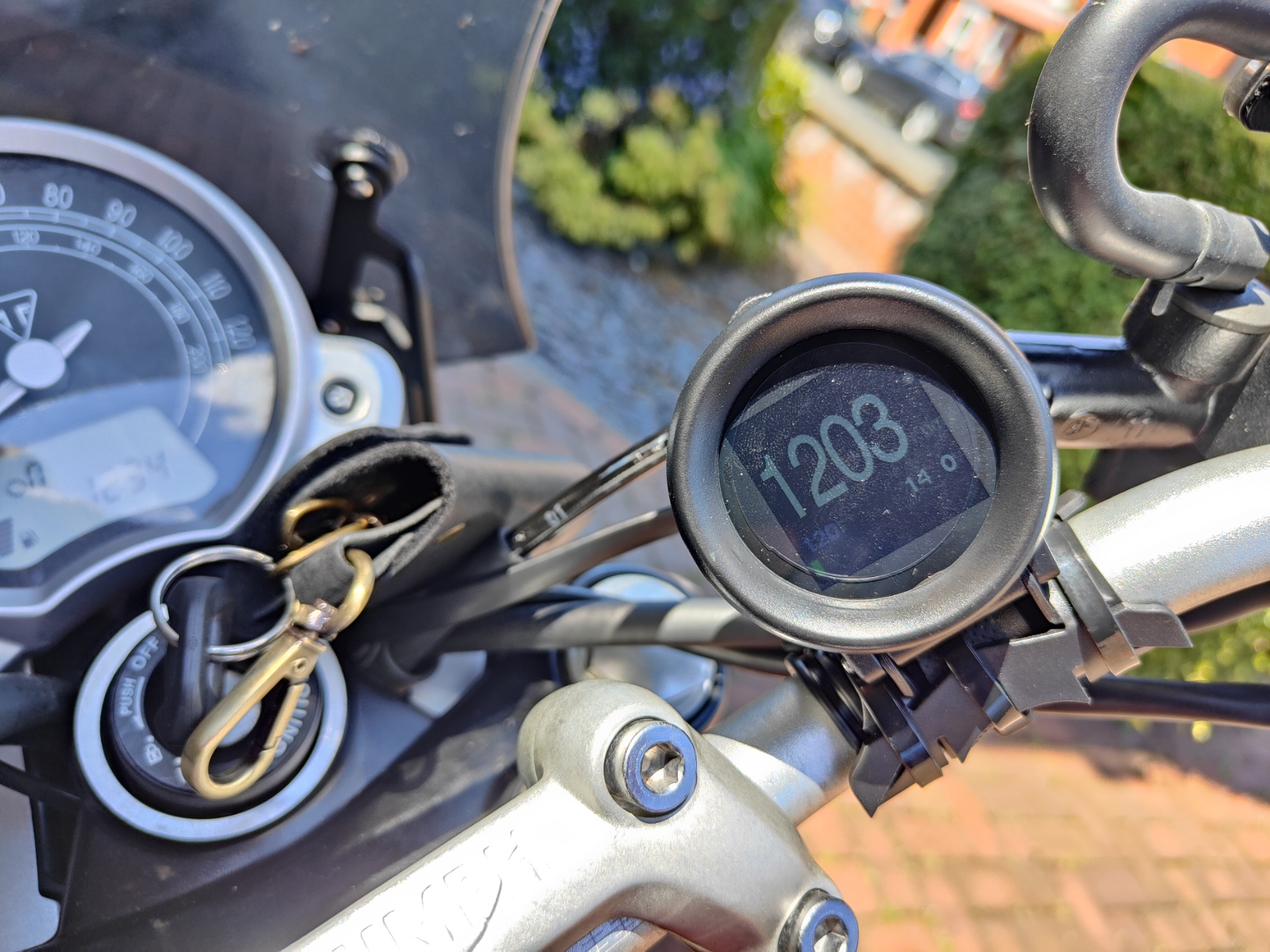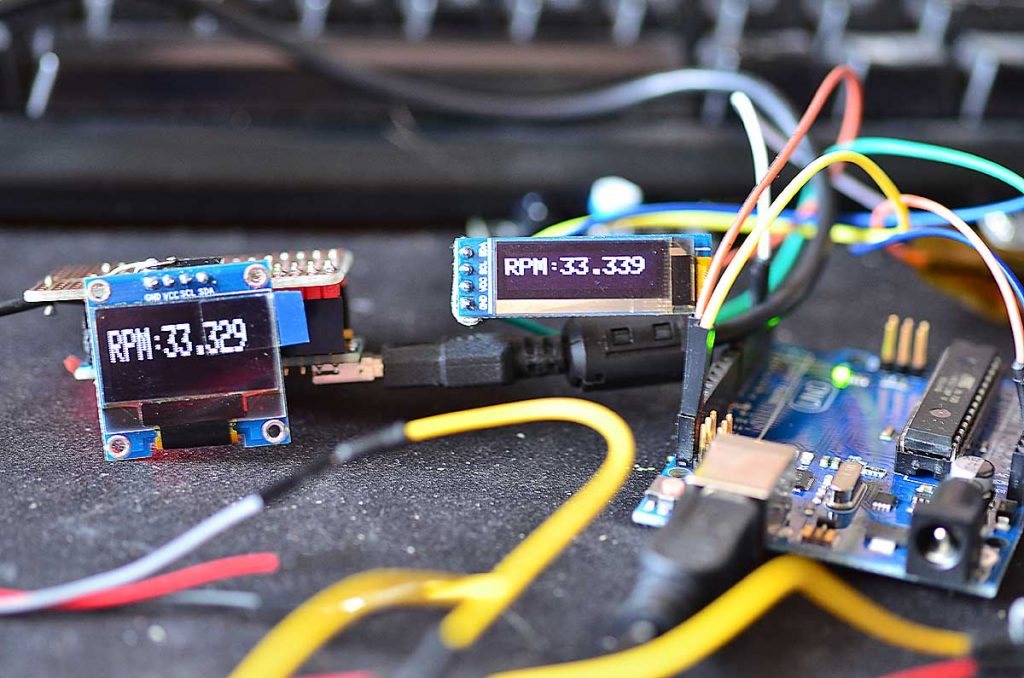Why is my tachometer so high? It’s a common worry for car owners. Seeing the needle rise unexpectedly can cause alarm. In this article, we will dive deep into what might be causing this issue, exploring both technical reasons and simple fixes. This information is essential for anyone who wants to maintain their vehicle in top condition.

Understanding the Tachometer
A tachometer measures the RPM (revolutions per minute) of your engine. Its a critical gauge that provides insights into your car’s performance.
Basic Function
The tachometer’s main job is to display the engine’s RPM. When it is functioning correctly, it helps in efficient driving and engine longevity. [Link to tachometer]
Benefits of Monitoring RPM
By keeping track of RPM, you can keep your engine from overworking, avoid potential damages, and ensure better fuel efficiency.
Common Reasons for a High Tachometer
Mechanical Issues
Mechanical problems like a slipping clutch or malfunctioning transmission can push the tachometer reading higher than normal. It’s essential to diagnose and fix these promptly to avoid long-term damage.
Idle Air Control Valve
A faulty idle air control valve can cause an erroneous tachometer reading, leading to high RPMs even when the car is idle.
Transmission Problems
Automatic Transmission
If your car has an automatic transmission, high RPMs can indicate issues such as a failing torque converter.
manual transmission
For manual transmissions, a worn-out clutch could be the issue. A high tachometer reading often signals that the clutch isn’t engaging correctly.
Fuel and Air Related Causes
Fuel Injection System
Problems in the fuel injection system can lead to an unbalanced fuel-to-air ratio, causing the engine to rev higher than normal.
Air Filter
A dirty or clogged air filter can restrict airflow to the engine, forcing it to work harder and causing the tachometer to show a higher reading.
Electrical Issues
Faulty Sensors
Defective sensors, such as those measuring engine speed, can send inaccurate data, leading to high tachometer readings.
ECU Problems
The Engine Control Unit (ECU) regulates many of the car’s functions. An issue here can cause erroneous tachometer readings.
Checking for Overheating
High engine temperature can cause the RPM to spike. Therefore, it’s crucial to monitor the engine temperature alongside the tachometer.
Simple Diagnostics You Can Perform
Your vehicles engine light can provide preliminary insights. Checking it can sometimes reveal why your tachometer is so high.
Professional Help
If you can’t pinpoint the issue, consult a professional. An experienced mechanic can quickly diagnose and fix the issue.
Preventive Measures
Regular Maintenance
Routine checks and maintenance can help you avoid these issues. Regular oil changes, air filter replacements, and timely servicing are crucial.
Drive Smart
Adopt better driving habits. Avoid rapid acceleration and engine over-revving. This can help your car run smoothly and keep the tachometer in check.
Summary
High tachometer readings are a clear sign that somethings not right with your car. Whether its a mechanical, electrical, or maintenance issue, addressing it promptly will extend your vehicles lifespan.
FAQs
What is a safe RPM range for my engine?
Typically, staying below the redline zone specified in your owner’s manual is safe. However, consult with a mechanic for the best advice specific to your vehicle.
Can a high tachometer reading damage my engine?
Sustained high RPMs can lead to engine wear and tear, decreasing its longevity and performance.

When should I consult a mechanic?
If you can’t diagnose the problem within a few basic checks, it’s best to consult a professional to avoid costly damages.
For more information on the mechanics of tachometers, you can visit Wikipedia.
